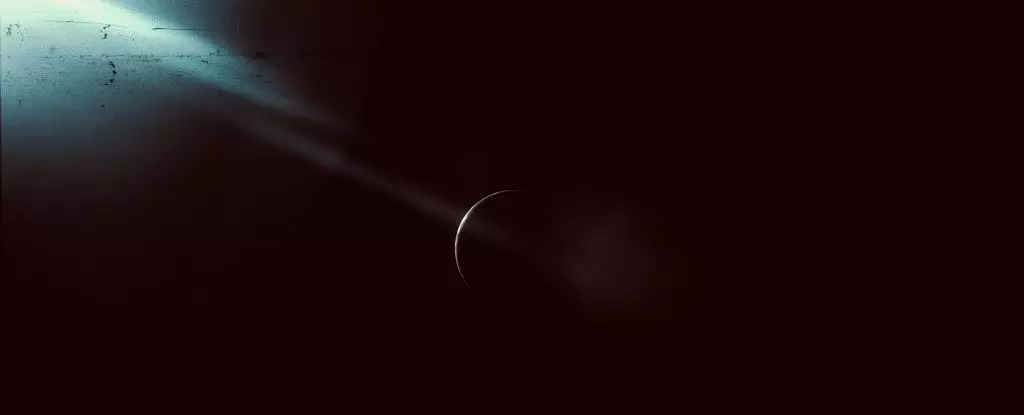Isn’t it intriguing how our planet, amidst the vastness of space, shines like a precious gemstone, capturing the imagination of anyone who gazes upon it? The fortunate few who have broken free from Earth’s grasp and explored its celestial surroundings often return with stories that encapsulate the beauty and vulnerability of our home. The insights gathered through their experiences provide a unique vantage point on our existence in the cosmos. One poignant account is that of NASA astronaut Al Worden, who, during the Apollo 15 mission in 1971, offered an unparalleled view of Earth through his lens and reflections.
As the command module pilot during the Apollo 15 mission, Worden’s role unfolded in the sterile solitude of space, orbiting the Moon while his fellow astronauts descended to the lunar surface. This separation granted him an extraordinary opportunity to witness Earth from a distance that few will ever experience. On the return journey, he captured the striking image of a crescent Earth, a fragile sliver of life illuminated by the sun’s radiance. This moment was more than a mere photograph; it was a profound reminder of the beauty and isolation of our planet, enveloped by the dark expanse of the universe.
His historic spacewalk — the first performed in deep space — further enriched his journey. Worden ventured outside the command module to retrieve film cassettes, a task that connected him physically to the craft yet distanced him from Earth. This juxtaposition of solitude and connection inspired him greatly, leading to his foray into poetry. The resulting works transformed his experiences into a lyrical meditation on humanity’s place in the universe.
Worden’s poetic reflections, especially his piece “Perspective,” resonate deeply with anyone contemplating our existence. He expressed a profound admiration for Earth, highlighting its status as a sanctuary amidst the infinite. Lines such as “all the colors of the universe focused on one small globe” rings true when one considers how, despite our complexities and issues, Earth remains a singular haven for humanity. Worden’s ability to convey the emotional weight of such a sight through verse allows us to feel the intimate connection he forged with our planet.
His evocative call to seek understanding beyond immediate encounters — urging others to look at the Moon and think of those who ventured there — encapsulates a legacy that transcends physical journeys. As we ponder the beauty of our world and the vast cosmos beyond, Worden’s experiences remind us of the responsibility we hold in preserving the only home we know.
As we continue to explore deeper into space, Worden’s story serves as an enduring reminder of our fragile existence. The photos captured and the words penned by those who have ventured beyond our atmosphere invite us to reconsider our priorities. Perhaps it is essential to appreciate our planet not just as a backdrop in the cosmic theater but as an intricate system requiring stewardship and reverence.
Thus, in this age of exploration and technology, let us remember that while we may gaze into the stars, our true concern and affection must always be directed toward the world we inhabit. The indelible mark that Worden left through both his photography and poetry illuminates a truth as universal as the cosmos: Earth, in its splendid isolation, is our most beautiful refuge.


Leave a Reply